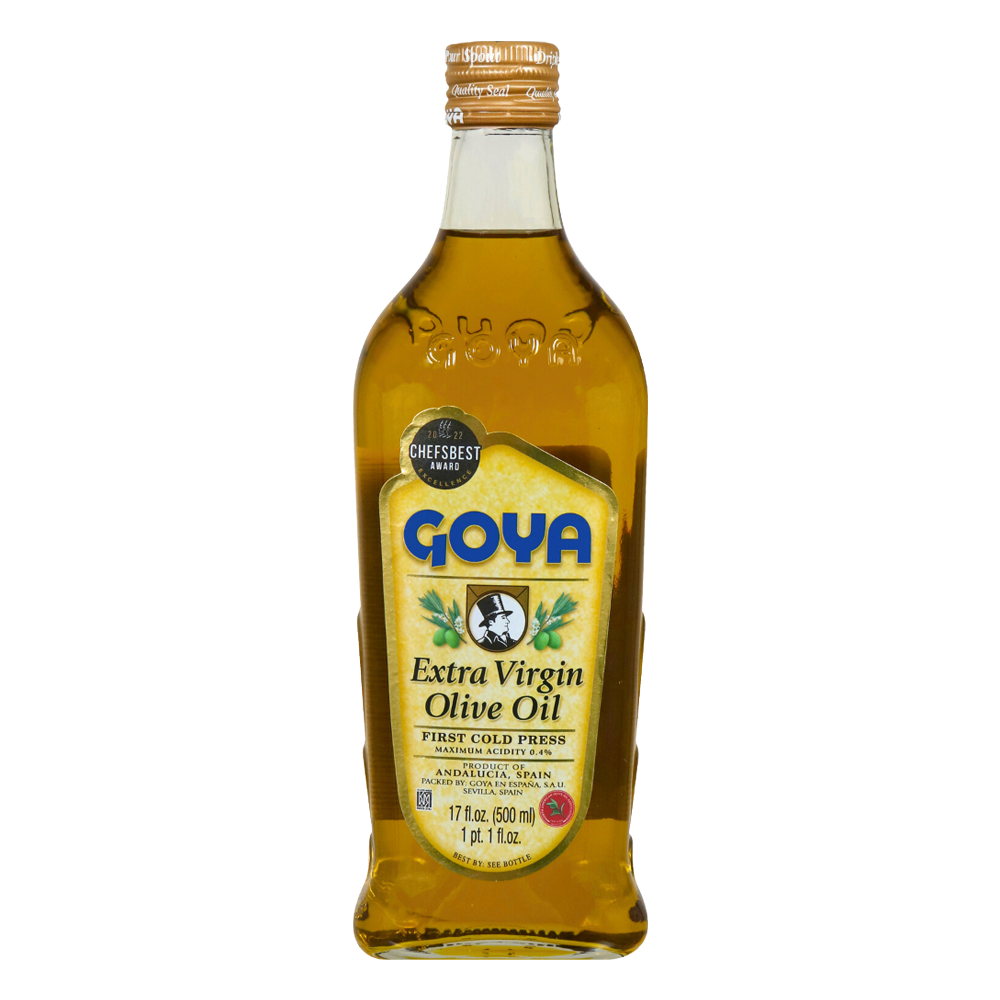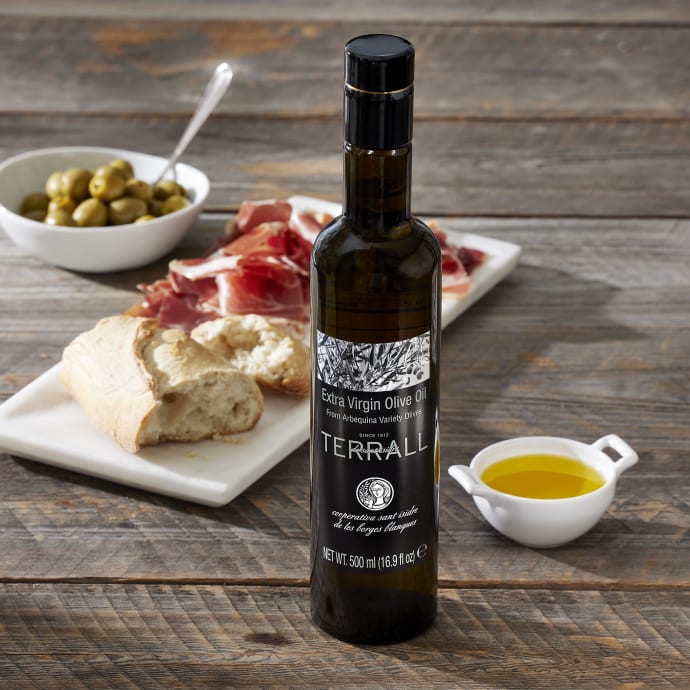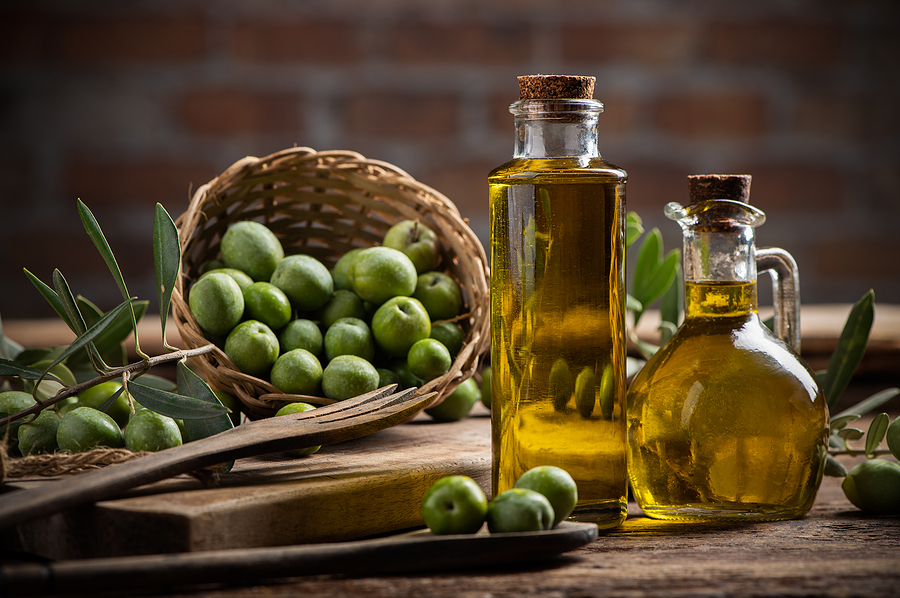Extra Virgin Olive Oil Benefits: The Secret to Healthier Hair and Nails
Extra Virgin Olive Oil Benefits: The Secret to Healthier Hair and Nails
Blog Article
Discovering the Various Kinds Of Olive Oil and Their Usages, Including Extra Virgin Olive Oil
The exploration of olive oil encompasses a varied range of types, each offering distinctive tastes and cooking applications. Additional virgin olive oil, renowned for its remarkable top quality and wellness advantages, offers as a staple in many kitchens, yet it is only one element of this multifaceted ingredient.
What Is Olive Oil?
Stemmed from the fruit of the olive tree, olive oil is a staple in Mediterranean food and a vital active ingredient in numerous cooking applications. This functional oil is generated by pushing entire olives, resulting in a liquid that varies in taste, shade, and fragrance relying on the kind of olives made use of, the area of farming, and the removal process. Olive oil is predominantly composed of monounsaturated fats, particularly oleic acid, which is recognized for its potential health benefits, including anti-inflammatory properties and cardiovascular assistance.
In enhancement to its cooking usages, olive oil has a lengthy background of application in traditional medicine and skin care, owing to its rich antioxidant material (extra virgin olive oil benefits). The oil is commonly utilized in dressings, sauces, and for cooking methods such as sautéing and roasting. Its distinctive flavor profile can boost the preference of numerous meals, making it a necessary active ingredient for both home chefs and professional chefs
Furthermore, olive oil is celebrated for its role in the Mediterranean diet regimen, which is related to various wellness advantages. As awareness of these benefits expands, olive oil continues to acquire appeal worldwide as a basic part of a healthy way of living.
Sorts Of Olive Oil
Recognizing the different kinds of olive oil is crucial for both health-conscious consumers and culinary lovers. Olive oil is categorized largely based on its removal method and quality, which considerably impacts its wellness, aroma, and flavor benefits.

Light olive oil, regardless of its name, describes a lighter flavor and not lower calories. It is ideal for those looking for a much more refined preference in sauces and dressings. Furthermore, there are flavorful olive oils instilled with natural herbs, seasonings, or citrus, which can boost meals without the demand for added flavoring.
Each kind of olive oil serves particular cooking purposes, and recognizing these distinctions enables customers to make informed choices that straighten with their cooking designs and wellness goals.
Additional Virgin Olive Oil
Extra virgin olive oil (EVOO) is widely considered the greatest high quality olive oil available, renowned for its abundant flavor and countless health benefits. To be identified as added virgin, the oil must be created from fresh olives making use of mechanical processes, without using solvents or extreme warmth. This thorough approach preserves the oil's all-natural tastes, anti-oxidants, and healthy and balanced fats, leading to a product with a low level address of acidity level of much less than 0.8%.
EVOO is plentiful in monounsaturated fats, particularly oleic acid, which is connected to lowered inflammation and enhanced heart wellness. It likewise contains polyphenols, effective antioxidants that might supply protective results against chronic conditions. The taste account of EVOO can vary dramatically relying on the olive range and area of production, varying from verdant and fruity to durable and peppery.

Culinary Utilizes of Olive Oil

In food preparation, olive oil can be utilized for sautéing, toasting, and cooking, giving a healthier choice to butter or other fats. Its high smoke factor makes it appropriate for various cooking techniques, while its anti-oxidants add to a heart-healthy diet regimen. Showering olive oil over completed meals, such as pasta, fish, or smoked vegetables, can raise tastes and add a touch of sophistication.
Furthermore, olive oil plays a considerable function in baking, where it can change conventional fats in dishes for bread and breads, giving wetness and a refined taste. It also offers as a base for instilled oils, allowing chefs to trying out tastes such as garlic, natural herbs, or chili, further expanding its cooking potential. Overall, olive oil's adaptability makes it essential in both home and professional kitchen areas.
Picking Quality Olive Oil
When choosing quality olive oil, it's necessary to think about a number of essential variables that influence the product's health, fragrance, and taste benefits. Decide for extra virgin olive oil (EVOO), which is obtained from the very first cool pressing of olives and contains the highest levels of antioxidants and useful substances. Try to find oils that are certified by identified organizations, as this usually guarantees adherence to rigid high quality criteria.
The packaging likewise plays a significant role in protecting the oil's honesty. Select oils saved in dark glass Check Out Your URL containers or tins to protect versus light degradation. Take notice of the harvest day; fresher oils supply superior flavor and nutritional value, so pick items that are within 18 months of their harvest.
Be conscious of the taste; a great high quality olive oil need to have a balance of fruity, bitter, and peppery notes, indicating its splendor and complexity. By reviewing these aspects, you can ensure you are selecting the finest olive oil for your cooking needs.
Final Thought
In recap, the expedition of numerous sorts of olive oil exposes unique characteristics and applications, with added virgin olive oil standing for the pinnacle of top quality as a result of its low acidity and high antioxidant material. Its flexibility in culinary uses enhances flavors in dressings, sauces, and drizzles. Comprehending the different selections of olive oil enables notified options in cooking methods, advertising healthier techniques while improving the overall gastronomic experience. Quality option stays essential for optimal benefits.
Derived from the fruit of the olive tree, olive oil is a staple in Mediterranean cuisine and a key ingredient in different cooking applications.The most common types of olive oil include fine-tuned olive oil, pure olive oil, and light olive oil.Extra virgin olive oil (EVOO) is widely pertained to as the highest possible quality olive oil readily available, renowned for its abundant taste and many health and wellness advantages. Choose for added virgin olive oil (EVOO), which is obtained from the initial chilly pressing of olives and includes the greatest degrees of antioxidants and beneficial compounds.In summary, the expedition of different types of olive oil reveals unique characteristics and applications, with additional virgin olive oil standing for the peak of quality due to its low level of acidity and high antioxidant material.
Report this page